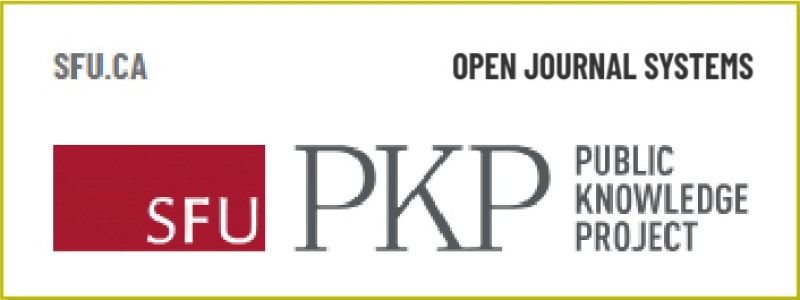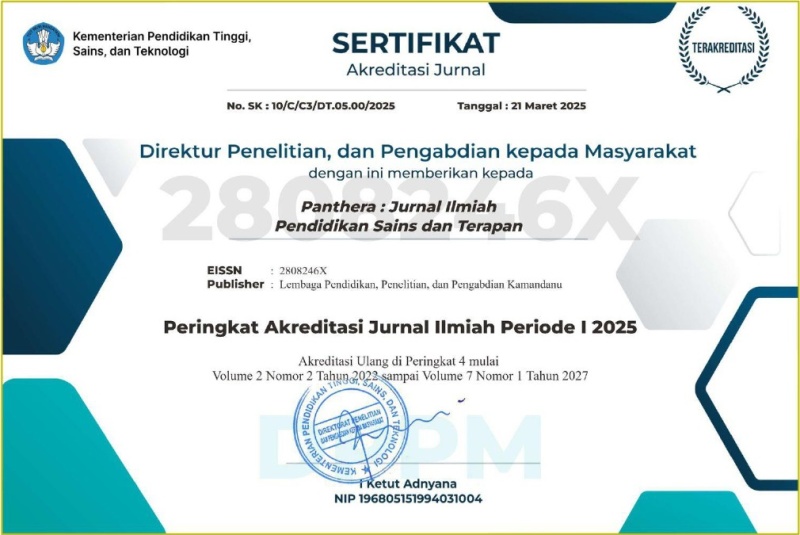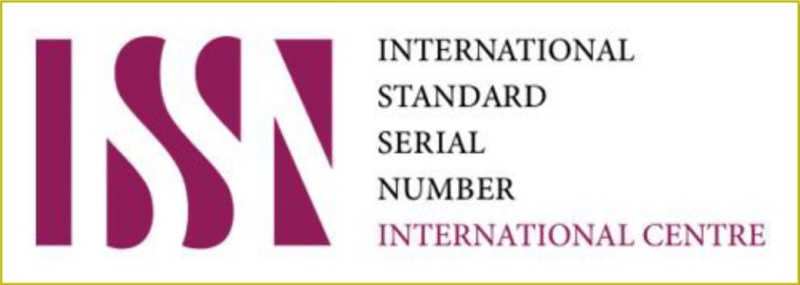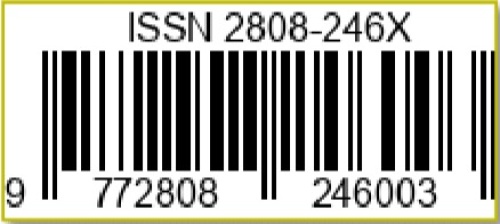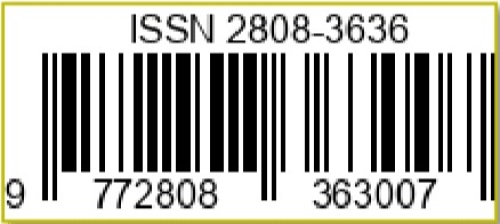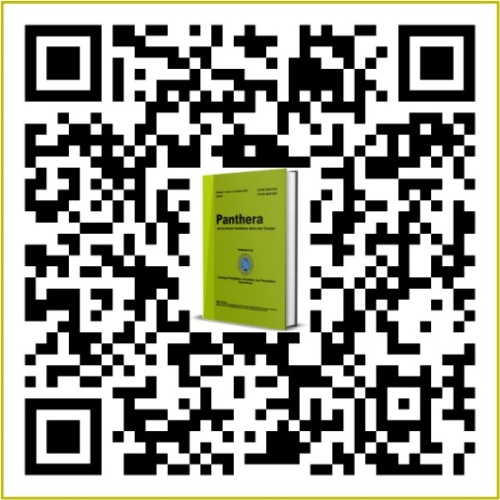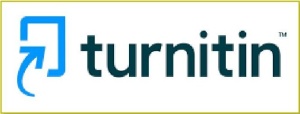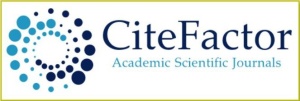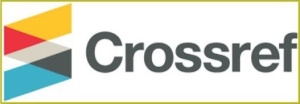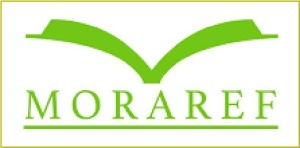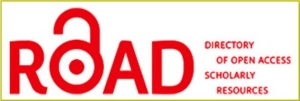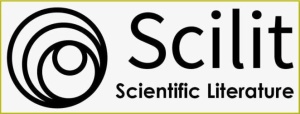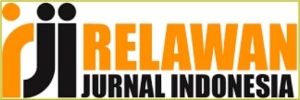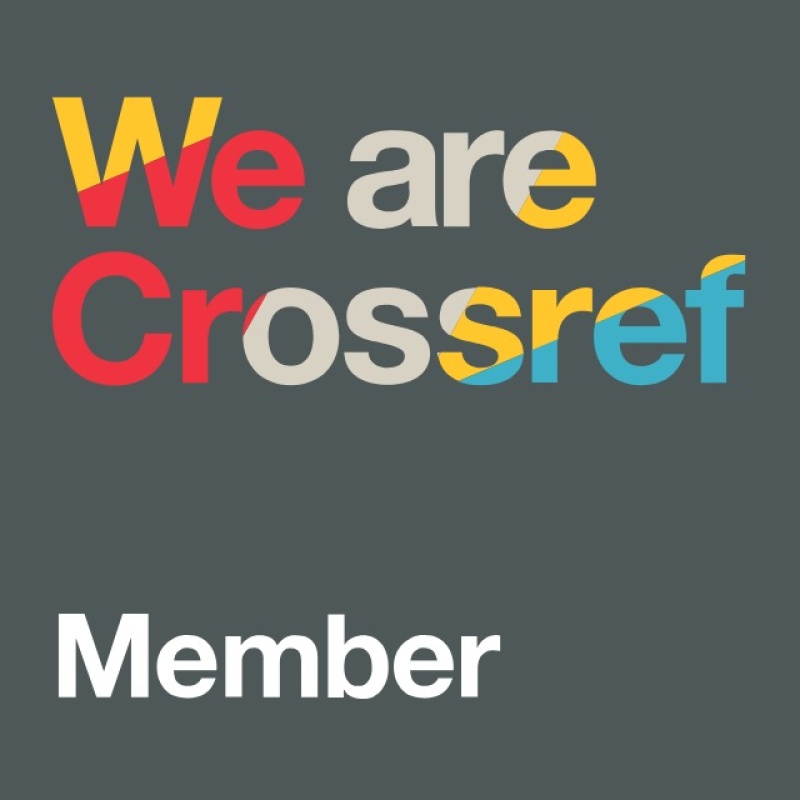Ecolodge sebagai Implementasi Pendidikan Sains (IPA) yang Multidimensi
DOI:
https://doi.org/10.36312/pjipst.v2i4.133Keywords:
Ecolodge, Science Education, SETS.Abstract
Science Education (IPA) is a science related to systematic natural and material symptoms that are arranged regularly, generally in the form of a collection of observations and experiments. Science learning is expected to be a vehicle for students to learn about themselves and the surrounding nature, as well as the prospect of further development in applying it in everyday life. In the world of education, environmentally sound education has begun to be integrated, for example education with the vision of SETS (Science Environment Technology and Society) is defined as science, environment, technology, and society, is a unit that in the concept of education has implementation so that students have the ability to think higher (higher order thinking) Science, Technology and Society (STS) approach or the Science, Technology and Society (STM) approach. is a combination of concept approaches, process skills, CBSA, Inquiry and disambiguation as well as environmental approaches. One example of the implementation of the learning model with the environment is lodging in an open environment with an environmentally sound concept called ecolodge. Ecolodge is a small hotel or guesthouse that combines local architecture, culture and natural characteristics, supports environmental conservation by reducing waste and energy use and provides social and economic benefits to local communities.
Downloads
References
Aswita, D. (2018). Environmental Education and Ecotourism for Sustainable Life: Literature Study. Jurnal Ilmiah Peuradeun, 6(1), 17-30. https://doi.org/10.26811/peuradeun.v6i1.157
Budiyanto, M. A. K., Aminah, T., & Husamah. (2020). School Strategies to Utilize the Ecotourism Potency of Songgoriti and Cangar of Batu City Tourisms as Learning Sources in High School. Jurnal Penelitian dan Pengkajian Ilmu Pendidikan: E-Saintika, 4(3), 272-283. https://doi.org/10.36312/e-saintika.v4i3.276
Dewi, C. A., Khery, Y., & Erna, M. (2019). An Ethnoscience Study in Chemistry Learning to Develop Scientific Literacy. Jurnal Pendidikan IPA Indonesia, 8(2), 279-287. https://doi.org/10.15294/jpii.v8i2.19261
Effendi, I., Elizal., Rizal, Y., Wiyati, R., & Maryanti, S. (2018). Preliminary Study on Ecotourism Potency of Tropical Forest and Coastal Area on PT Diamond Raya Timber Concession Area, Riau Province. IOP Conference Series: Earth and Environmental Science, 216(1), 1-6. https://doi.org/10.1088/1755-1315/216/1/012046
Indahri, Y. (2021). Asesmen Nasional sebagai Pilihan Evaluasi Sistem Pendidikan Nasional. Aspirasi: Jurnal Masalah-masalah Sosial, 12(2), 195-215. https://doi.org/10.46807/aspirasi.v12i2.2364
Karaarslan, G., & Teksöz, G. (2016). Integrating Sustainable Development Concept in to Science Education Program is Not Enough: We Need Competent Science Teachers for Education for Sustainable Development - Turkish Experience. International Journal of Environmental & Science Education, 11(15), 8403-8424.
Khery, Y., Nufida, B. A., Suryati., Rahayu, S., & Aini, M. (2019). Pemahaman Mahasiswa tentang Hakikat Sains dalam Pembelajaran Menggunakan Model Pembelajaran Mobile-NOS. Prisma Sains: Jurnal Pengkajian Ilmu dan Pembelajaran Matematika dan IPA IKIP Mataram, 7(2), 169-179. https://doi.org/10.33394/j-ps.v7i2.1771
Owusu, V., & Boafo, Y. A. (2018). Opportunities and Challenges for Multi-Level-Stakeholder Participation in Community-Based Ecotourism Development : The Case of the Boabeng-Fiema Monkey Sanctuary, Ghana. Journal of the Economic Geographical Society of Korea, 21(1), 53-68. https://doi.org/10.23841/egsk.2018.21.1.53
Sumanapala, H. D. P., Perera, P. K., Kotagama, S., & Silva, D. A. C. (2015). Eco-Lodge Patrons’ Characteristics : The Sri Lankan Perspective. International Journal of Research in Social Science, 5(2), 509-525.
Sumarni, W., & Kadarwati, S. (2020). Ethno-STEM Project-Based Learning: Its Impact to Critical and Creative Thinking Skills. Jurnal Pendidikan IPA Indonesia, 9(1), 11-21. https://doi.org/10.15294/jpii.v9i1.21754
Usmeldi., Amini, R., & Trisna, S. (2017). The Development of Research-Based Learning Model with Science, Environment, Technology, and Society Approaches to Improve Critical Thinking of Students. Jurnal Pendidikan IPA Indonesia, 6(2), 318-325. https://doi.org/10.15294/jpii.v6i2.10680
Walter, P., Regmi, K. D., & Khanal, P. R. (2018). Host Learning in Community-Based Ecotourism in Nepal: The Case of Sirubari and Ghalegaun Homestays. Tourism Management Perspectives, 26(1), 49-58. https://doi.org/10.1016/j.tmp.2018.02.002
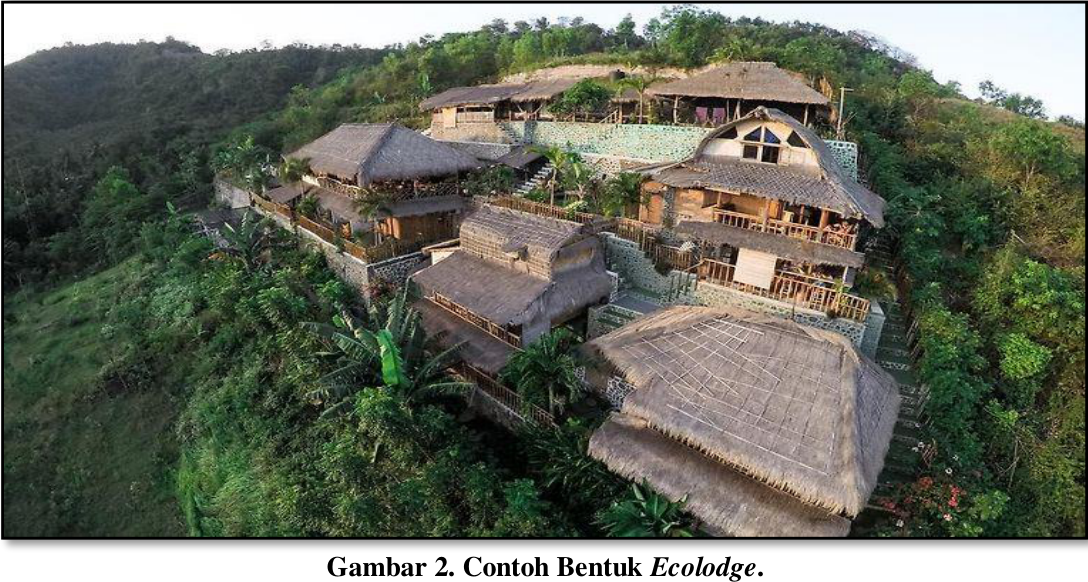
Downloads
Published
How to Cite
Issue
Section
License
Copyright (c) 2022 Iswari Pauzi, Muhammad Sarjan, Agus Muliadi, Asrorul Azizi, Hamidi, Muhammad Yamin, Muh. Zaini Hasanul Muttaqin, Bakhtiar Ardiansyah, Rindu Rahmatiah, Sudirman, Mulia Rasyidi, & Yusran Khery

This work is licensed under a Creative Commons Attribution-ShareAlike 4.0 International License.
-
Attribution — You must give appropriate credit, provide a link to the license, and indicate if changes were made. You may do so in any reasonable manner, but not in any way that suggests the licensor endorses you or your use.
-
ShareAlike — If you remix, transform, or build upon the material, you must distribute your contributions under the same license as the original.

